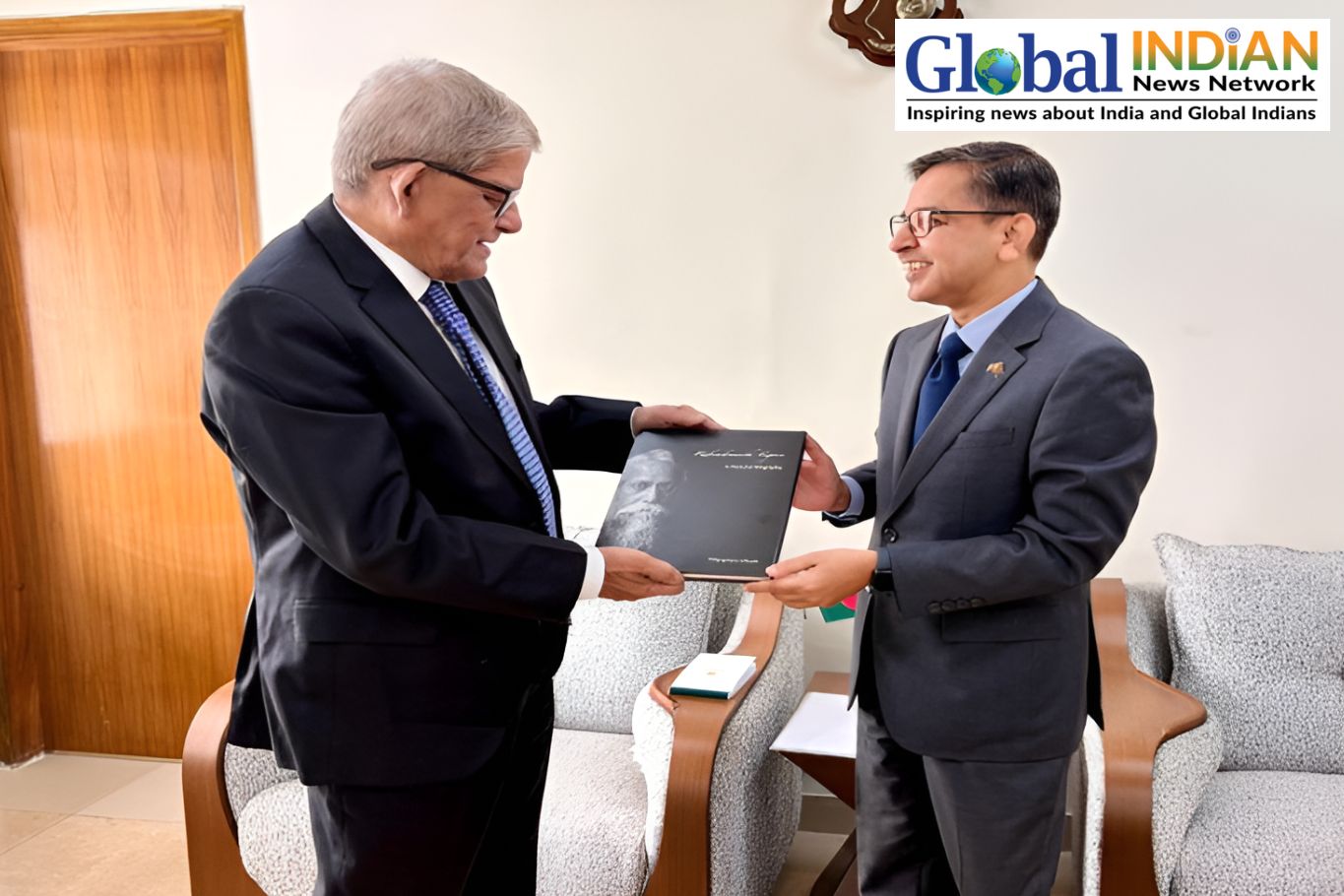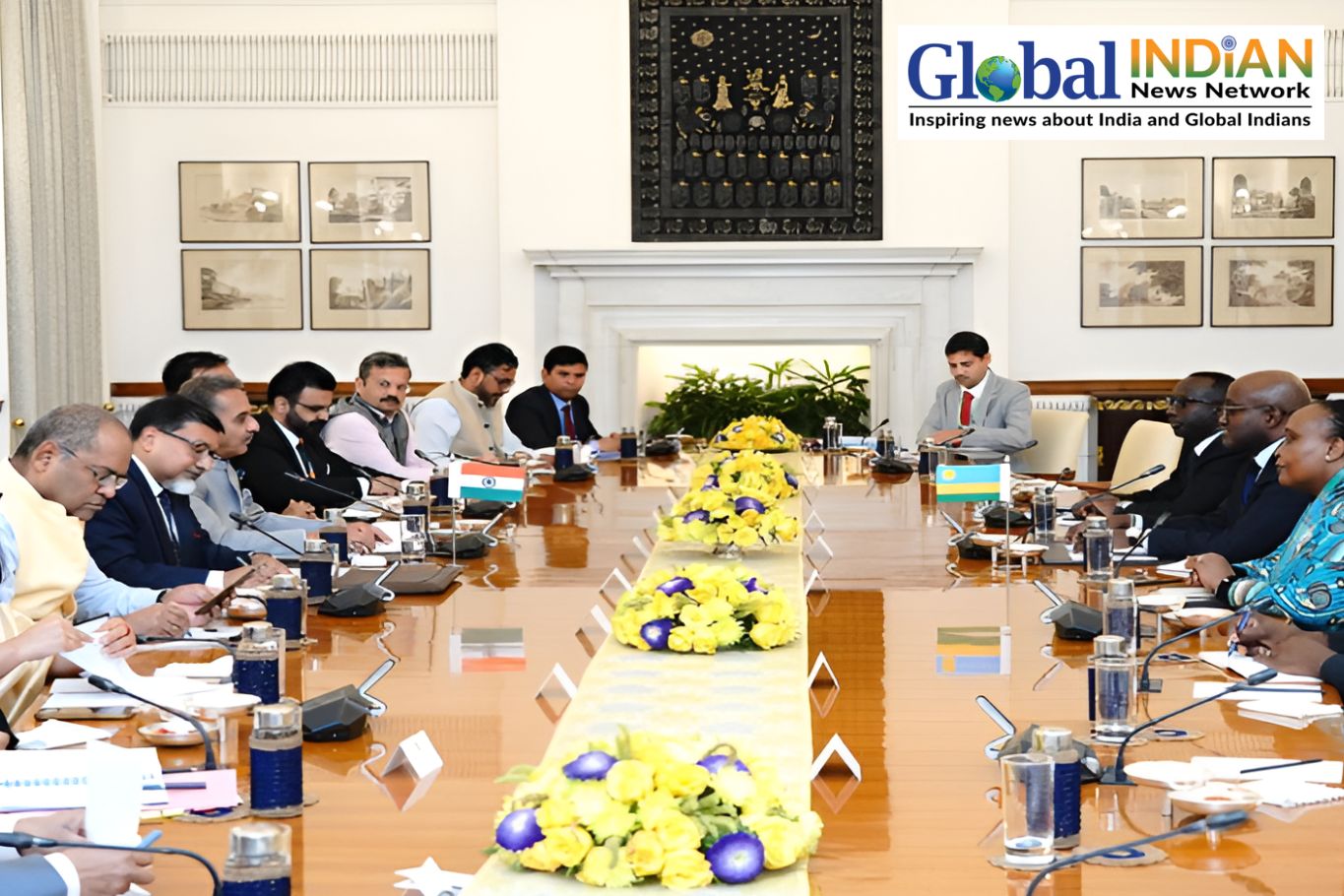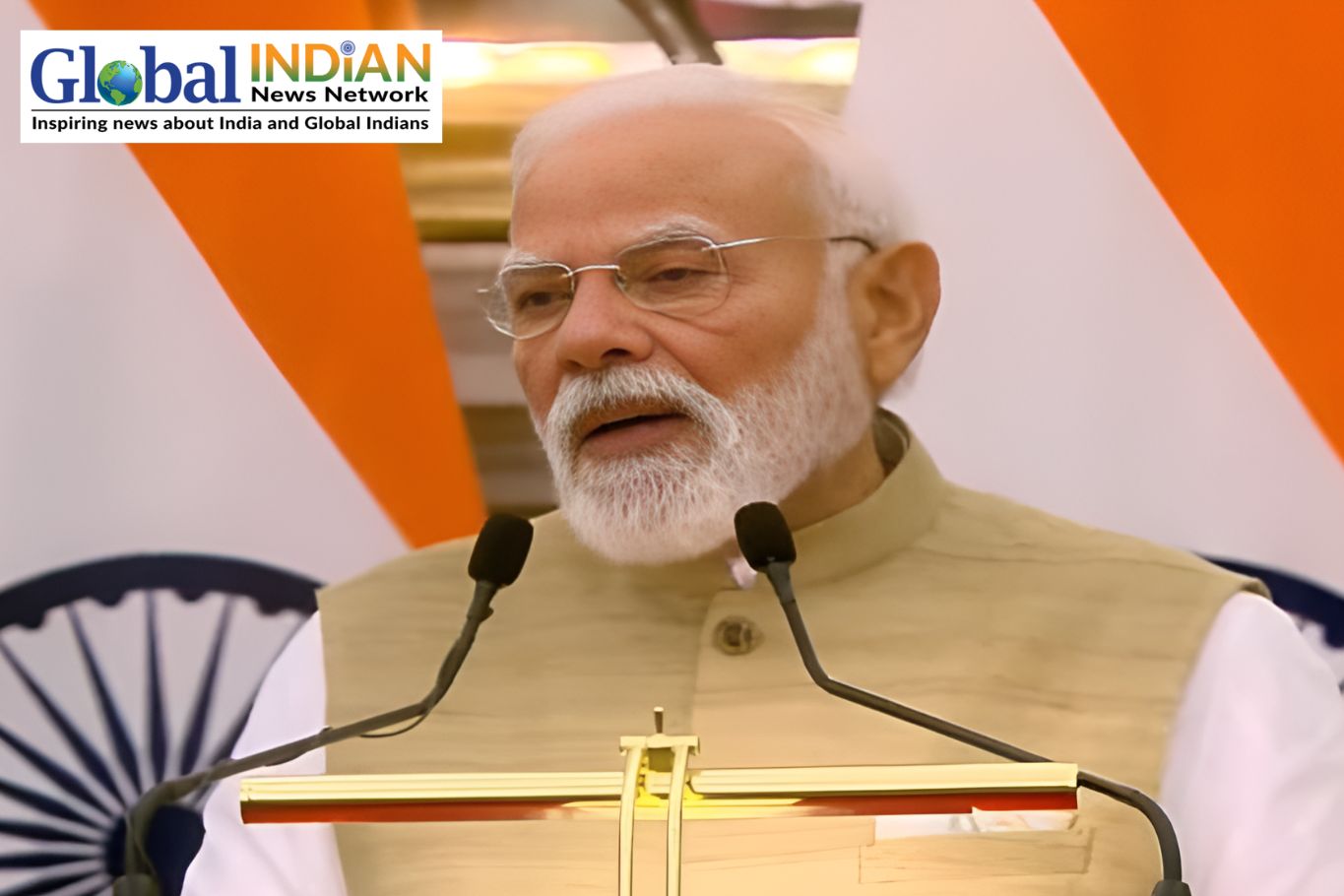
India finds itself on the brink of a transformative period. Historically, the nation has asserted its prowess in the global IT sector through giants like Infosys, Wipro, and TCS, showcasing Indian talent on a worldwide stage. As a new era dawns, fresh challenges emerge, urging the global economy to confront these obstacles proactively to maintain a competitive edge.
The pace of change today renders knowledge from just a decade ago outdated, prompting professionals to continually upskill and integrate into what is being termed as the ‘superforce’. Innovation, creativity, and problem-solving are now pivotal life skills, essential for thriving in an ever-evolving landscape. India, bolstered by its burgeoning tech industry, stands uniquely positioned to harness its demographic dividend through robust upskilling initiatives.
Artificial Intelligence (AI) has swiftly assumed a central role globally, reshaping industries ranging from manufacturing and agriculture to healthcare and finance. AI’s influence is not merely speculative but tangible, seen in digital assistants aiding daily tasks and driving lunar rovers. Investments in AI are projected to near $200 billion worldwide by 2025, underscoring its transformative potential and emphasizing the imperative for nations and individuals alike to adapt and prepare.
The concept of upskilling is critical in bridging present challenges with future opportunities presented by AI. Job security and career progression are directly linked to individual upskilling efforts, particularly in economies like India where a significant portion of the population is entering the workforce amid rapid technological advancements. Companies that neglect to invest in upskilling risk falling behind in the fiercely competitive global market, while those embracing technological advancements stand to innovate and thrive.
India’s youthful and dynamic population, with 65% under the age of 35, presents a unique advantage. However, capitalizing on this demographic dividend necessitates equipping the youth with relevant skills. The demand for digital tech talent in India already outstrips supply by over 21%, a gap expected to widen further by 2024, underscoring the urgency for widespread upskilling initiatives.
Recognizing AI’s transformative potential, the Indian government has taken proactive steps. Collaborative efforts between government bodies and private enterprises aim to cultivate the world’s largest skilled economy and talent pool. Initiatives like AICTE’s alignment of technical education with industry needs and platforms like FutureSkills Prime seek to bridge emerging technology gaps. Despite commendable efforts, challenges such as infrastructure disparities and educational inequalities persist, necessitating a holistic approach involving public-private partnerships and investment in digital infrastructure and educator training.
In this AI-driven future, upskilling must extend beyond technical competencies to include critical soft skills like creativity, adaptability, and critical thinking. As routine tasks become automated, these human-centric skills will become increasingly valuable. Mobile learning platforms, leveraging India’s high smartphone penetration, are pivotal in democratizing access to upskilling opportunities across diverse demographics and geographies.
India’s journey towards becoming a $5 trillion economy, as envisioned by Prime Minister Narendra Modi, hinges on strategic investments in upskilling and fostering a culture of continuous learning. In this rapidly evolving landscape, upskilling emerges not just as a necessity but as a strategic imperative to secure India’s path to global leadership in the age of AI.










